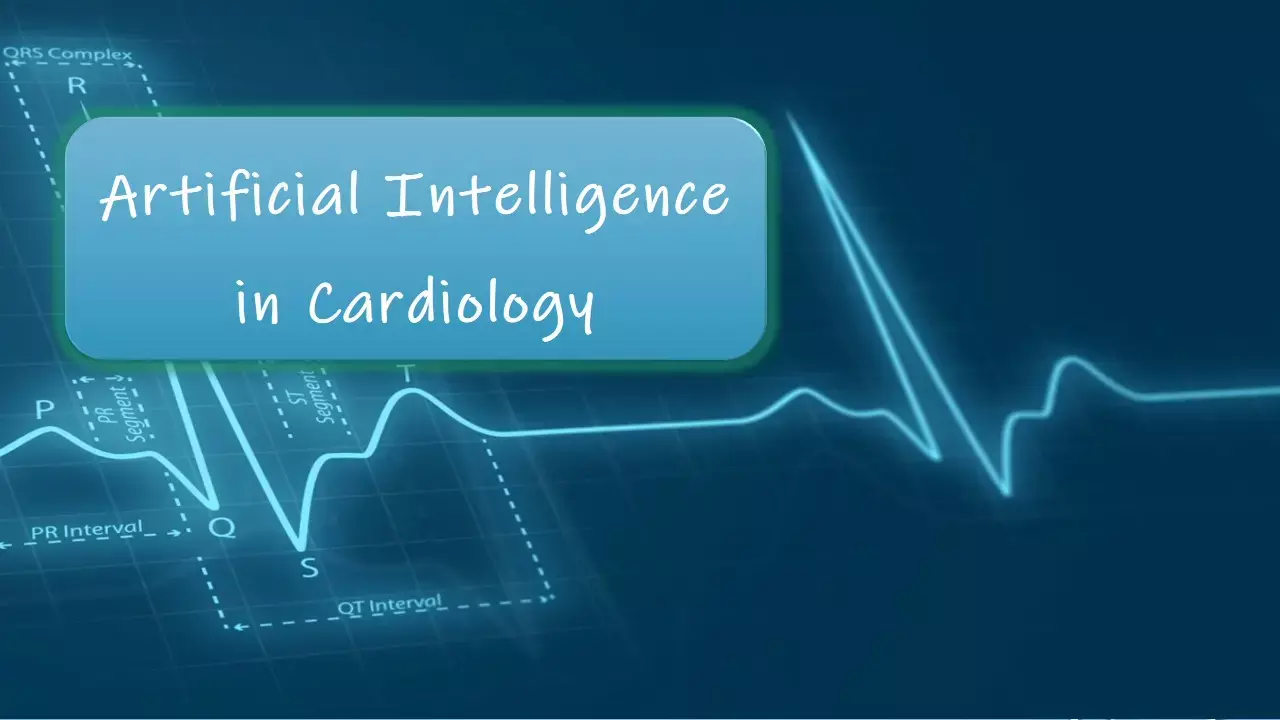- Home
- Medical news & Guidelines
- Anesthesiology
- Cardiology and CTVS
- Critical Care
- Dentistry
- Dermatology
- Diabetes and Endocrinology
- ENT
- Gastroenterology
- Medicine
- Nephrology
- Neurology
- Obstretics-Gynaecology
- Oncology
- Ophthalmology
- Orthopaedics
- Pediatrics-Neonatology
- Psychiatry
- Pulmonology
- Radiology
- Surgery
- Urology
- Laboratory Medicine
- Diet
- Nursing
- Paramedical
- Physiotherapy
- Health news
- Fact Check
- Bone Health Fact Check
- Brain Health Fact Check
- Cancer Related Fact Check
- Child Care Fact Check
- Dental and oral health fact check
- Diabetes and metabolic health fact check
- Diet and Nutrition Fact Check
- Eye and ENT Care Fact Check
- Fitness fact check
- Gut health fact check
- Heart health fact check
- Kidney health fact check
- Medical education fact check
- Men's health fact check
- Respiratory fact check
- Skin and hair care fact check
- Vaccine and Immunization fact check
- Women's health fact check
- AYUSH
- State News
- Andaman and Nicobar Islands
- Andhra Pradesh
- Arunachal Pradesh
- Assam
- Bihar
- Chandigarh
- Chattisgarh
- Dadra and Nagar Haveli
- Daman and Diu
- Delhi
- Goa
- Gujarat
- Haryana
- Himachal Pradesh
- Jammu & Kashmir
- Jharkhand
- Karnataka
- Kerala
- Ladakh
- Lakshadweep
- Madhya Pradesh
- Maharashtra
- Manipur
- Meghalaya
- Mizoram
- Nagaland
- Odisha
- Puducherry
- Punjab
- Rajasthan
- Sikkim
- Tamil Nadu
- Telangana
- Tripura
- Uttar Pradesh
- Uttrakhand
- West Bengal
- Medical Education
- Industry
AI-ECG may improve detection rate of underdiagnosed HF: EAGLE study

An artificial intelligence (AI)-enabled ECG algorithm integrated into routine care can increase the diagnosis of low ejection fraction (EF), according to new randomized trial data derived from EAGLE study published this week in Nature Medicine journal. The algorithm uses neural networks to predict a high likelihood of low EF, an often-missed predictor of adverse events, based on standard 12-lead electrocardiogram data.
"Because ECG is a low-cost test frequently performed for a variety of purposes, the algorithm could potentially improve early diagnosis and treatment in broad populations," write Xiaoxi Yao et al in their pragmatic randomised study.
For the EAGLE study, Yao and colleagues cluster randomized 120 primary care teams to treat patients either with access to their AI-ECG, which gives an indication of potential for low EF or with usual care. Overall, 11,573 patients without prior heart failure were assessed via the intervention pathway and 11,068 served as controls. The primary endpoint was newly discovered EF ≤50%
Six percent of patients in each group had positive AI-ECG results, indicating a high likelihood of low EF. More echocardiograms were obtained for patients with positive AI-ECG results in the intervention arm compared with patients whose clinicians did not have access to the technology (49.6% vs 38.1%; P < 0.001). However, echocardiogram use was similar for the cohorts in the overall population (19.2% vs 18.2%; P = 0.17).
Additionally, clinician access to AI-ECG data increased the diagnosis of low EF compared with usual care, both overall and especially among patients with positive results.
The AI-enabled EKG facilitated the diagnosis of patients with low ejection fraction in a real-world setting by identifying people who previously would have slipped through the cracks," senior author Peter Noseworthy, MD (Mayo Clinic), said in a press release.
These results indicate that use of an AI algorithm based on ECGs can enable the early diagnosis of low EF in patients in the setting of routine primary care.
The same tea of authors had previously published the utility of AI based algorithms in identifying otherwise missed cases of LongQT syndrome.(1)
Source: Yao, X., Rushlow, D.R., Inselman, J.W. et al. Artificial intelligence–enabled electrocardiograms for identification of patients with low ejection fraction: a pragmatic, randomized clinical trial. Nat Med (2021). https://doi.org/10.1038/s41591-021-01335-4
MBBS, MD , DM Cardiology
Dr Abhimanyu Uppal completed his M. B. B. S and M. D. in internal medicine from the SMS Medical College in Jaipur. He got selected for D. M. Cardiology course in the prestigious G. B. Pant Institute, New Delhi in 2017. After completing his D. M. Degree he continues to work as Post DM senior resident in G. B. pant hospital. He is actively involved in various research activities of the department and has assisted and performed a multitude of cardiac procedures under the guidance of esteemed faculty of this Institute. He can be contacted at editorial@medicaldialogues.in.
Dr Kamal Kant Kohli-MBBS, DTCD- a chest specialist with more than 30 years of practice and a flair for writing clinical articles, Dr Kamal Kant Kohli joined Medical Dialogues as a Chief Editor of Medical News. Besides writing articles, as an editor, he proofreads and verifies all the medical content published on Medical Dialogues including those coming from journals, studies,medical conferences,guidelines etc. Email: drkohli@medicaldialogues.in. Contact no. 011-43720751


